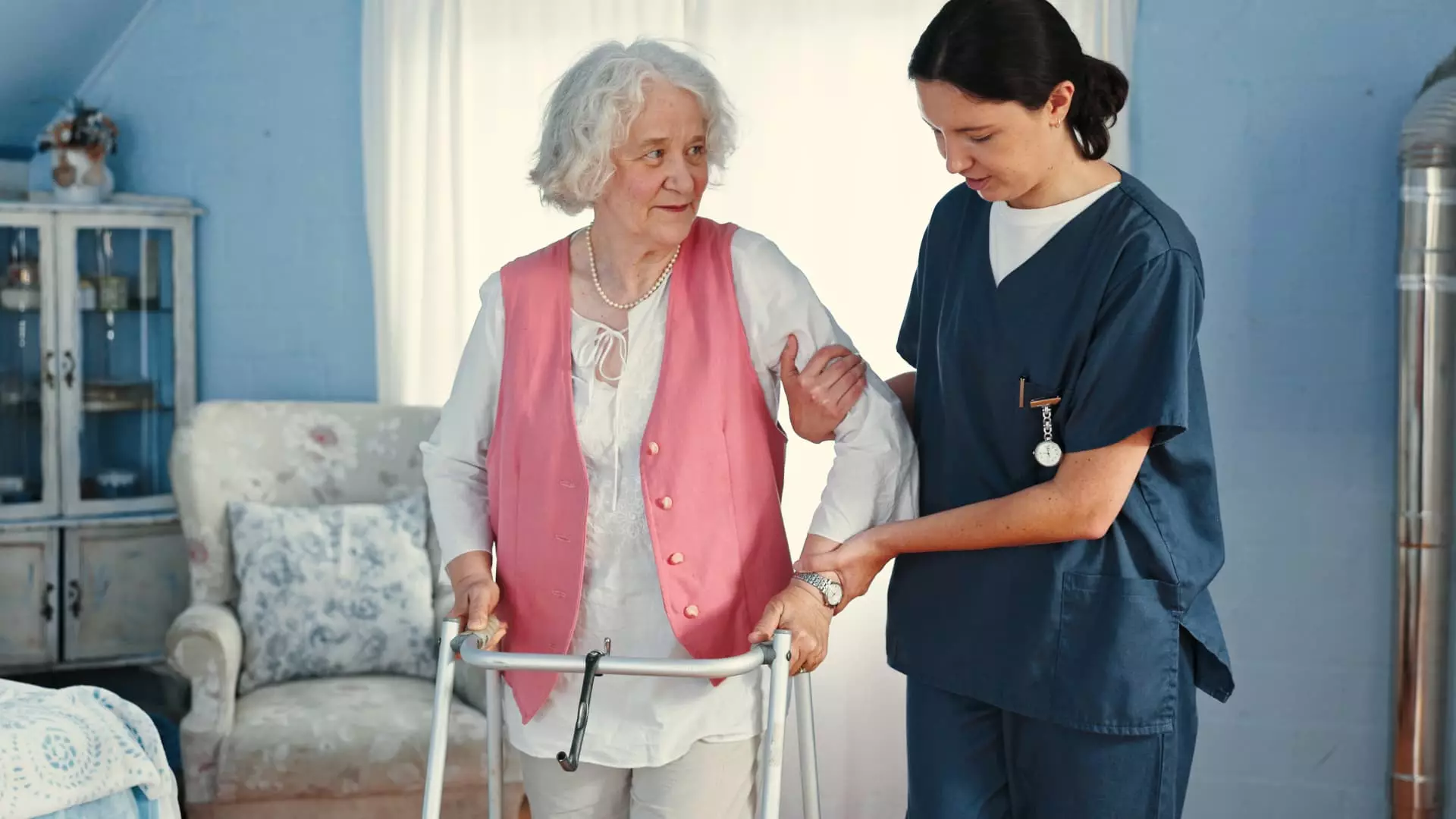As we stand on the brink of a demographic revolution, the implications of an aging population in America can hardly be overstated. Recent insights from William Blair reveal a “massive” opportunity as the number of senior citizens increases, particularly those who wish to age in the comfort of their own homes. By 2030, an overwhelming 73.1 million baby boomers will cross the threshold to become senior citizens, fundamentally altering the social fabric and economic landscape of the nation.
This phenomenon is not merely a statistic; it represents an urgent call to action across various sectors. With seniors projected to constitute a staggering 21% of the population by 2030, businesses, policymakers, and healthcare providers must pivot their strategies to address the unique needs of this burgeoning demographic. The desire for independence, along with an aversion to assisted living facilities—expressed by a remarkable 75% of adults over 50—emphasizes the need for innovative home care solutions.
The Economic Implications of Home-Based Care
The implications of an aging population extend beyond mere statistical analysis; they herald a transformative shift in how care is delivered. The demand for safe and effective in-home care services is not just a trend; it’s an inevitable evolution of health care practices. As articulated by analyst Ryan Daniels, the future of healthcare lies in home-based care models that cater to a variety of service sectors, from personal care to specialized medical support.
Companies like Addus HomeCare are at the forefront of this movement, providing critical services that allow seniors to maintain their independence. Despite some fluctuations, the stock has shown resilience, indicating investor confidence in the potential for expansive growth in this sector. For a nation that prides itself on its values of independence and self-determination, the push towards home-based care is not just a business opportunity—it is a moral imperative.
The Role of Technology in Aging in Place
While traditional healthcare services are crucial, the integration of technology is what will truly revolutionize the aging experience for many Americans. The advent of smart-home technologies and advanced monitoring solutions will play a pivotal role in ensuring that seniors can safely remain in their homes without sacrificing their quality of life.
Daniels points out the importance of using data analytics to assess social needs, which represents an innovative area of growth that cannot be ignored. Health plans are beginning to realize that collecting data on social determinants will be essential in mitigating acute care events among seniors. Companies like Phreesia are pioneering the use of software solutions that effectively screen for social determinants of health on an impressively large scale. This proactive approach could not only enhance the quality of care but also transform the doctor-patient relationship into something more collaborative and insightful.
A Call for Center-Right Policies and Investments
As a society, we must view the aging population not as a burden but as an opportunity for growth, innovation, and positive societal change. Policies should reflect this shift, embracing center-right philosophies that prioritize individual empowerment and market-driven solutions. Investment in both health care services and technological advancements is not merely a fiscal decision; it is a moral responsibility to ensure that every American has access to dignified aging.
In advocating for these changes, we must reject the notion that assisted living facilities are the only viable option for aging individuals. Instead, we ought to create a framework that supports aging in place, where seniors can choose to remain in their homes, supported by a robust network of care services and innovative technology. The obstacles are real, but so too are the rewards for those willing to adapt and invest in the future of healthcare.
This crucial moment in our society calls for a reevaluation of how we view aging, urging us toward solutions that honor the independence and dignity of our senior citizens. Embracing this transition is not just a matter of economic necessity; it is a reflection of our values as a nation.


Leave a Reply